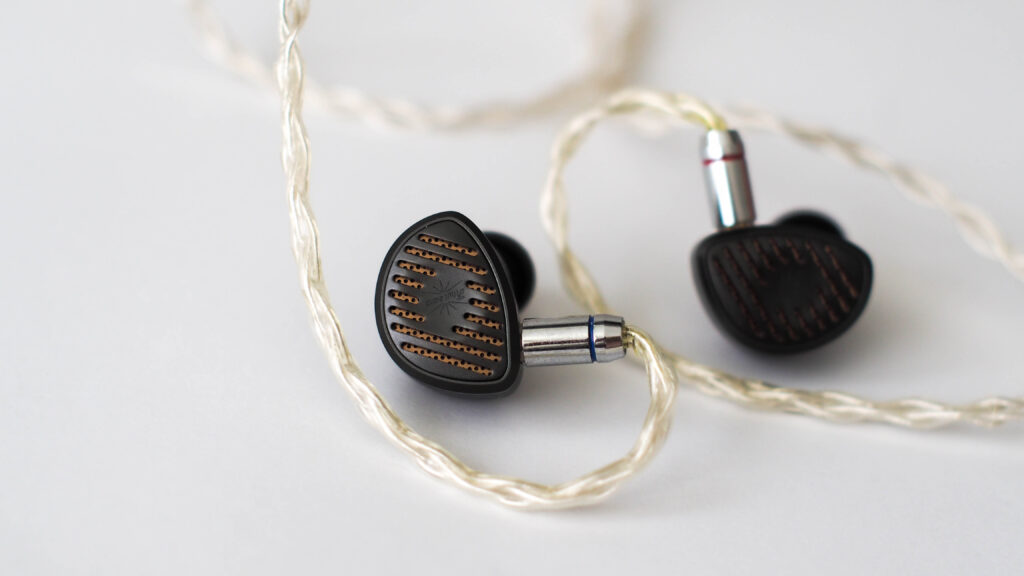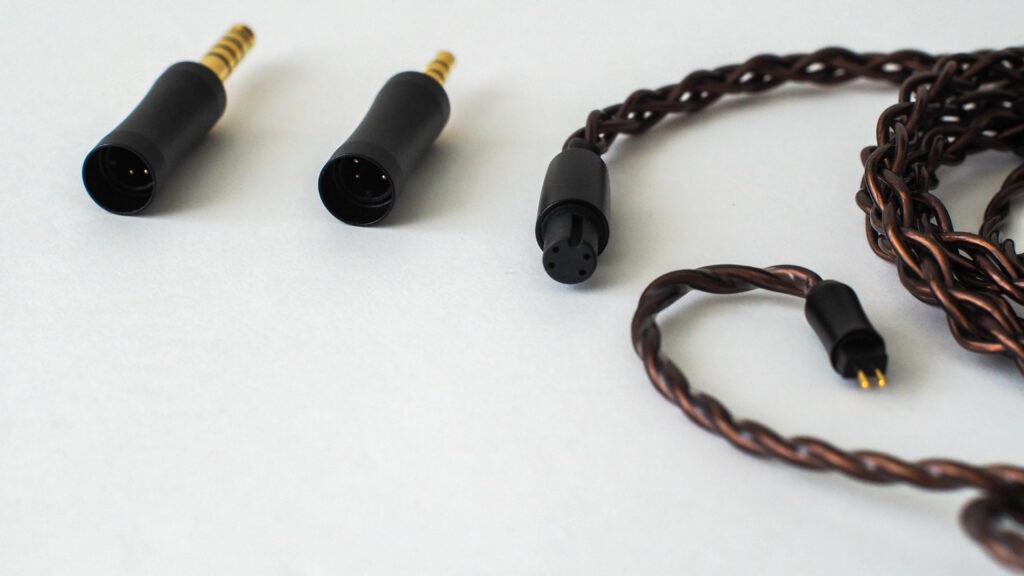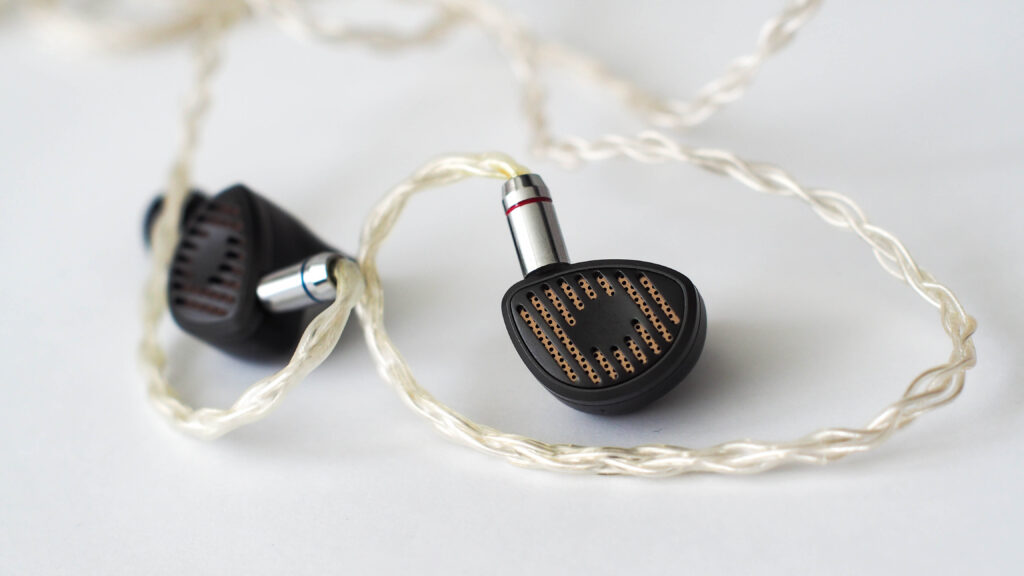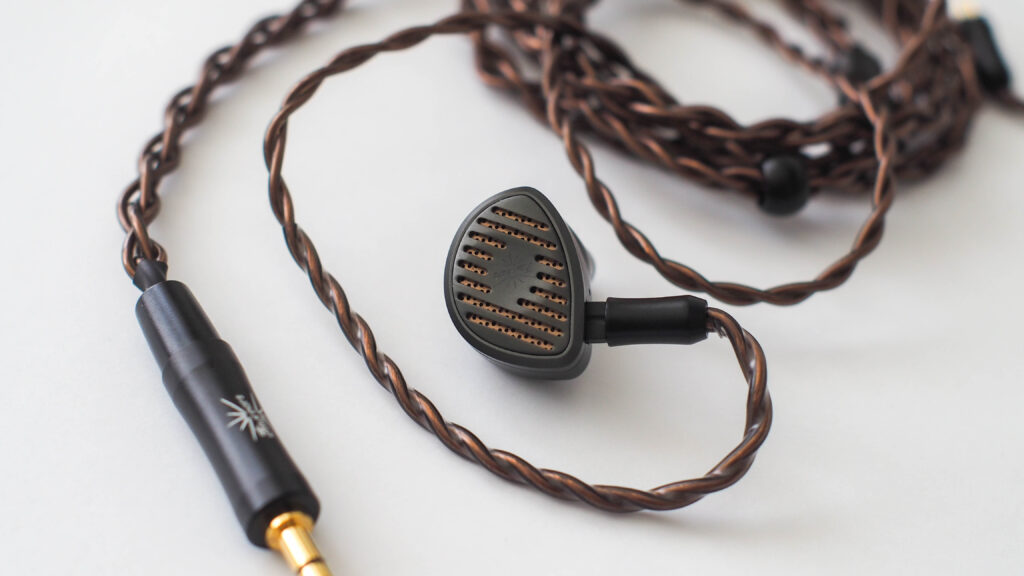Pros: Detail Retrieval, Soundstage, Clarity and separation, Balanced tuning, Build and Fit
Cons: Planar/Piezo Driver Heat, Not much sound isolation, Needs Power
Driver Setup: 1DD + 4BA + 1 Planar + 1 PZT Quadbrid IEM
Price: $269
Intro

Disclaimer: The Kiwi Ears Septet was provided to us at no charge courtesy of Kiwi Ears. However, this was done with the understanding that I would provide my honest thoughts and opinions on the Septet. The Kiwi Ears Septet is available for purchase here, should you find yourself interested in a pair, or feel free to use your links. Do take a look at the Kiwi Ears site and check the price, as it might be slightly lower than MRSP due to ongoing promotions.
Kiwi Ears continues to experiment with its arsenal of drivers. The Septet, as the name suggests, features 9 drivers in a quadbrid configuration. It does so with a relatively slim and small shell, and with its understated matte black design, you would never guess what the Septet is packing under the hood. After reviewing a number of their slightly more budget-friendly options, I am excited to see what the Septet brings to the table.
Accessories

Accessories are slightly upgraded from the usual Kiwi Ears bundled cable and case. The cable features a swappable termination, able to support both 4.4mm balanced and 3.5mm. The cable is also of a thicker gauge and terminates in a 4-braid. It is very soft and flexible and is a significant upgrade from the ones we saw in the Aether or Etude, which is a nice touch given the higher price tag of the Septet.
The other accessories are not too different, but the case does feel slightly better, well-made with a better texture, and the accessories do their job well enough at the Septet’s price tag.
Build Quality and Fit
For the number of drivers packaged into the shell, it is relatively compact. The shell fits well, with no sharp edges. The build is pretty good, being fully aluminium in a matte black colourway. There is an open grill, which results in a semi-open back design.
I like the size and shape of the Septet much more than the Etude or the Aether, and it’s much more comfortable for long listening sessions.
Sound
Sources
- Fiio BTR7
- Aune M1P
- SMSL M200 –> Schiit Magnius
Music listened to
- The Weeknd
- The Carpenters
- keshi
- Kygo
- NEEDTOBREATHE
- The Eagles
- Noah Kahan
- John Mayer
- Michael Buble
- etc
Bass
The bass response is punchy and has a very quick decay. The bass benefits significantly from more power. It has a good extension, and the quick decay allows it to handle more crowded tracks without any bleed or muffledness. It showcases its technical prowess in this area. With lower power sources, the bass can come across as a little weak and lacking and doesn’t support the sound well. But on my desktop setup, the bass is very much adequate and provides sufficient warmth and punch to scratch the itch for me.
Mids
Mids have very good clarity, vocals are not too forward but a little on the leaner side. I would have preferred if the vocals had more meat to them. On certain tracks, the upper mids and lower treble can come across a little bright and fatiguing on a streak of upper mids-focused tracks. This could be due to both the planar heat and the Piezo driver, which traditionally can appear a little thin and shrill to some people. Separation in the midrange is superb and is so addictive.
Highs
Highs are done quite tastefully for me, though those sensitive to certain upper midrange and lower treble frequencies may need to think twice.
The upper treble extends well, with high hats, cymbals and other percussive instruments being very crisp and decaying quickly but naturally. The extension gives a very airy sound, which contributes to the expansive soundstage. The overall energy in the treble is a good amount to keep the music analytical yet energetic.
Overall
It has a very transparent and black background, and a very wide soundstage to boot. With such great extension into the subbass and into the upper treble, the listening experience is very enjoyable. My only gripe is that the midrange is on the leaner side, and I would prefer a little more body and warmth in the vocals. It is not too bright or fatiguing for me personally, and I really enjoy the separation, clarity and resolving ability of the Septet.
Conclusion

The Septet, at its price point, would certainly price out quite a huge chunk of casual consumers. However, for anyone looking for an upgrade and to take their listening experience to the next level, to a more analytical sounding IEM, the Septet could be a serious consideration for a well-tuned IEM without necessarily breaking the bank. The Septet isn’t optimal for everyday carry use on the subway due to a lack of noise isolation, which would affect the listening experience. It is also worth noting that, like the other planar IEMs from Kiwi Ears, they benefit from more juice.
With these multi-driver configurations, things can very often go very wrong, but I would say the Septet went very right for Kiwi Ears. When appropriately paired with the right equipment, the Septet is a pleasure to listen to, and would probably be my personal planar of choice, I’d reach out for when I’m at my desk.
Overall Grade: A-
Click HERE for our grading list for earphones
